Sponsor Letters: A Source of Encouragement and Hope
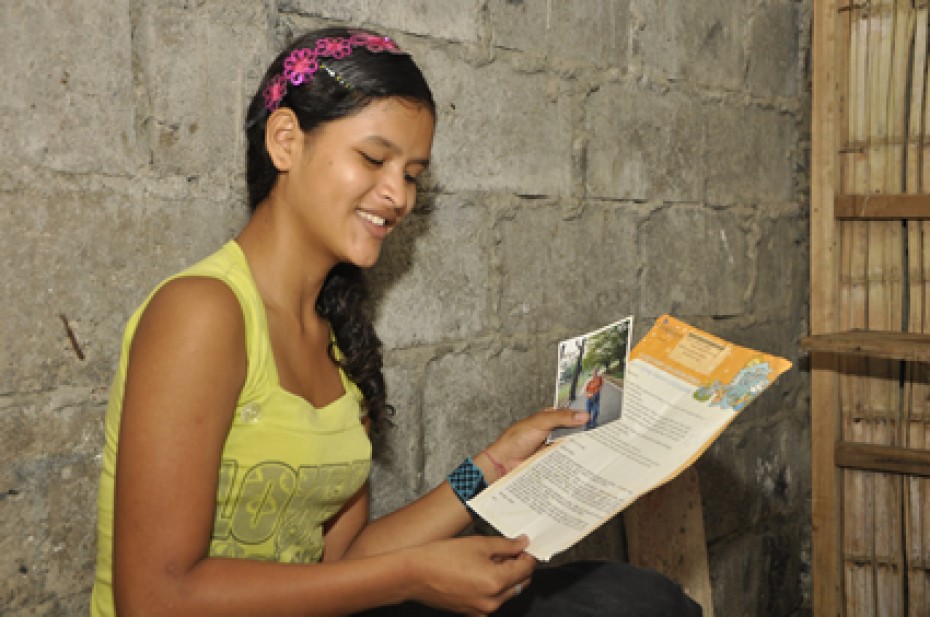
The Damasco Student Center has given Karen the opportunity to make a good friend thousands of miles away — her sponsor, Kyoung. Every letter from Kyoung is a valuable treasure to Karen containing messages of hope, encouragement and love.
Continue Reading ›I Want to Be Part of Something Bigger
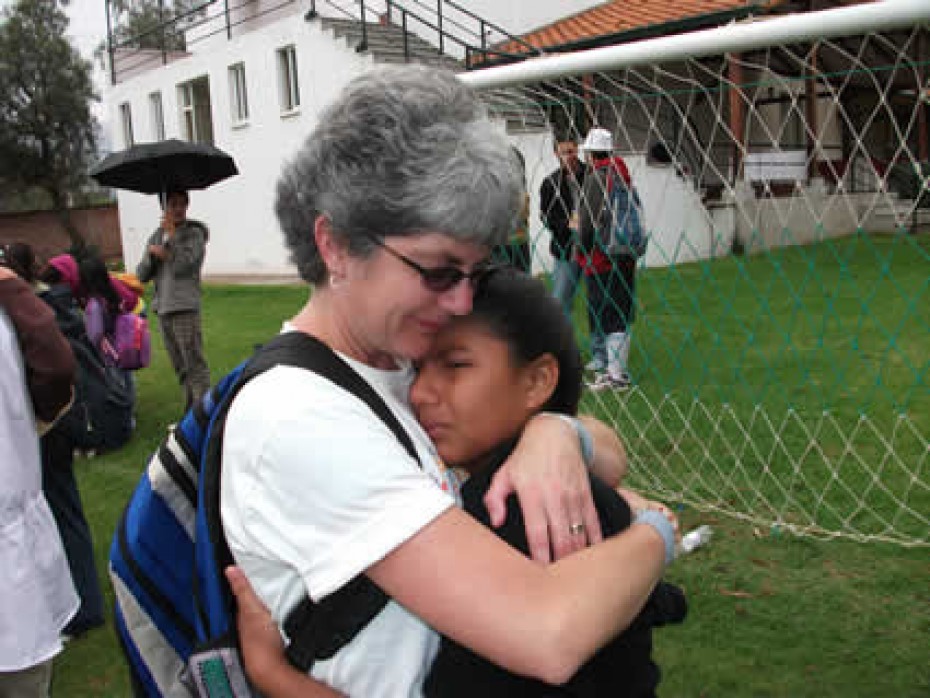
God doesn’t want me stuck, and I don’t want to be stuck either! I want to be faithful in my little piece of world, but I also want to be a part of something bigger.
Continue Reading ›
Giving Up Coffee for Jordano
Our Contact Center recently received the following email from Sarah W., a brand-new sponsor. She sponsored her first child on March 25, 2011. We love receiving emails like this.
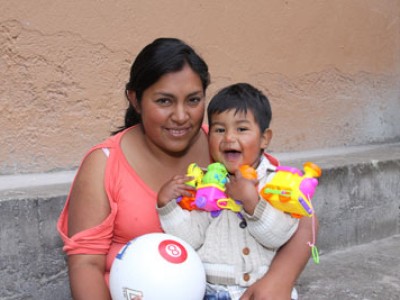
Child Survival Program Celebrates the True Meaning of Christmas
María lives in the La Victoria Alta neighborhood, a place with limited access to public transportation and public services. It is one hour away from Quito’s downtown area, a place where the cold weather is so intense that people feel chilled to the bone. María is one of the hundreds of mothers who cry at Christmas time.
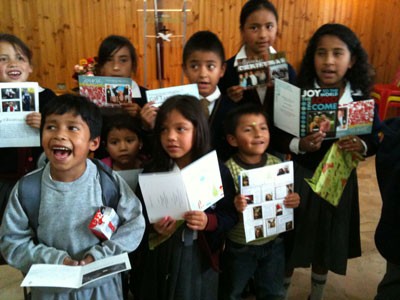
Delivering Hope
Sponsored children receive letters from their sponsors. Unsponsored children do not.
Andrea, one of the Compassion workers and our translator, told me that the only time there is a true distinction between a child who is unsponsored and a child who is sponsored is when letters are handed out. It’s a little bit like the unsponsored children are wearing scarlet letters.
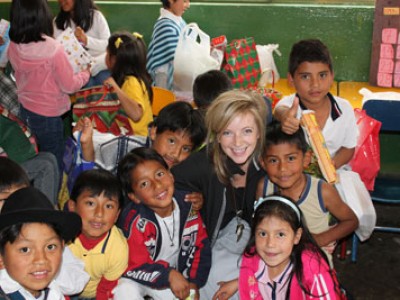
Poverty Eradication: That’s a Tall Order
I think the volunteers at this center, the facilitator, the pastor and the director understand the importance of eradication. I know they rely on God for the victory, but I think your faithfulness and your commitment to your sponsored children is running poverty out of the minds and hearts of these children.
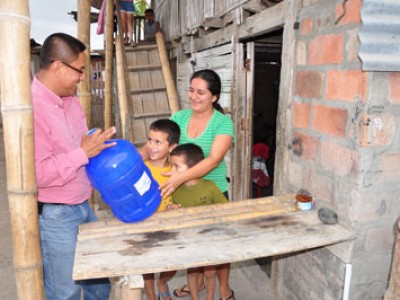
The Water Is Now Safe to Drink
This brand-new plant will supply, among other areas, the 21 Compassion-assisted centers in Manabí Province. These child development centers assist 6,394 boys, girls and adolescents. With the consumption of this water, the number of cases of parasites and cavities among children is expected to decrease from 80 percent to 50 percent.

The Words We Carry
Your words are not just printed ink on paper. When I think of the cards I see a weapon that will be used by God. I see hundreds of hammers, in the shape of letters, shattering the lies of poverty. I see the grip of discouragement falling away from the children Jesus watches over.
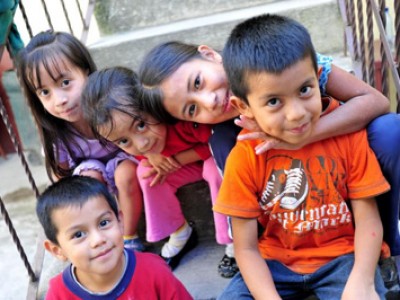
A Christmas Card Drive of Epic Proportions!
We’d like to make a way to send hundreds and thousands of words of encouragement to kids who really need them in this season of Thanksgiving. That’s where YOU come in! Well you, DaySpring, and Compassion International.
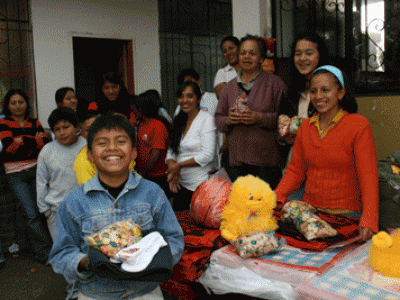
What Is Christmas Like for an Unsponsored Child?
“They wonder why they don’t get a letter or a card. Of course we explain the situation to them and tell them it’s because they don’t have a sponsor, but that’s not enough for a child. This is something that makes unsponsored kids feel very sad and even discouraged.” — Yovi de Racines, Secretary of Camino de Santidad Mission

Parents in Poverty: In the Trenches of Child-Rearing
No different from parents everywhere, parents in poverty are in the trenches of child-rearing day in and day out. So, encourage your child’s parents in your next letter. Consider including a Bible verse or a small card “For Mom & Dad.”
How Do Our Sponsored Children Survive in a “Ghetto Zone”?
Chilibulo is a parish located in the southern zone of Quito, the capital city of Ecuador. This area doesn’t have much economically because jobs are scarce. A walk along Chilibulo’s dusty and poorly paved streets highlights the lack of progress.
On the sides of the streets there are little houses made of bricks and cement. Some of the homes are not fully constructed and others are old; the colors of their walls have long faded. Many families live here because they have unsteady jobs with low salaries. Most of them are informal merchants or bricklayers.
Chilibulo is also considered a “ghetto zone” due to area gangs and the high rates of delinquency.
This is the place where Mario and his wife, Martha, brought two children into the world.


